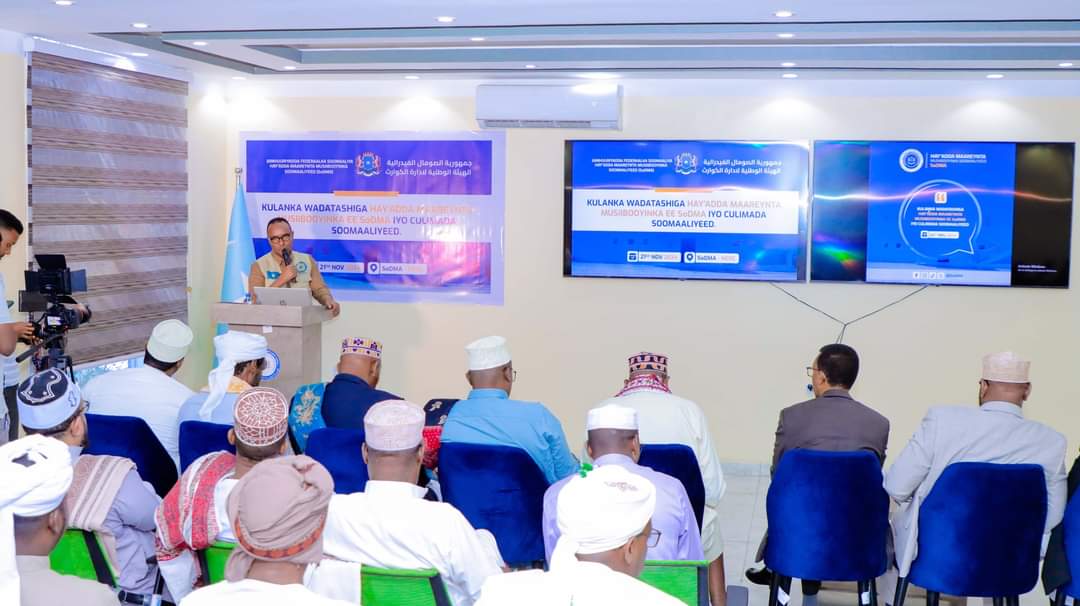The company said its concern has always been NUPRC’s reluctance to enforce the domestic crude supply obligation and ensure that it receives its full crude requirement from NNPC and the International Oil Companies (IOCs).
The Dangote refinery said it never accused the National Petroleum Company Limited (NNPC Ltd) of not supplying the company with crude.
The company in a statement on Thursday by its Group Chief Branding and Communications Officer, Anthony Chiejina, made this known in reaction to reports alleging that it has backtracked by acknowledging that NNPC supplied about 60 per cent of the 50 million barrels it lifted.
Clarifying the reports, Mr Chiejina said the company has never accused NNPC of not supplying it with crude, noting that its concern has always been the Nigerian Upstream Petroleum Regulatory Commission (NUPRC) reluctance to enforce the domestic crude supply obligation and ensure that it receives its full crude requirement from NNPC and the International Oil Companies (IOCs).
“Our attention has been drawn to media reports alleging that the Dangote Refinery has backtracked by acknowledging that NNPC supplied about 60 per cent of the 50 million barrels we lifted.
“To clarify, we have never accused NNPC of not supplying us with crude. Our concern has always been NUPRC’s reluctance to enforce the domestic crude supply obligation and ensure that we receive our full crude requirement from NNPC and the IOCs,” Mr Chiejina said.
For September, he said, the company requirement is 15 cargoes, of which NNPC allocated six.
“Despite appealing to NUPRC, we’ve been unable to secure the remaining cargoes. When we approached IOCs producing in Nigeria, they redirected us to their international trading arms or responded that their cargoes were committed.
“Consequently, we often purchase the same Nigerian crude from international traders at an additional $3-$4 premium per barrel which translates to $3-$4 million per cargo.
“We therefore still insist that we are unable to secure our full crude requirement from domestic production and urge NUPRC to fully enforce the domestic crude supply obligation as mandated by the PIA,” he added.
Background
In recent months, the Dangote Group and the petroleum regulators in Nigeria have been at loggerheads over the control of the petroleum downstream market.
In June, the Dangote Group accused some international oil companies of sabotaging the plant’s operations by either refusing to supply crude or offering oil at higher premiums compared to market prices.
It also clashed with the regulators of the Nigerian energy industry, including the Nigerian Midstream and Downstream Regulatory Authority, which claimed diesel from the refiner has sulphur content levels above the allowed threshold. The regulators also accused Dangote of seeking to be a monopoly.
In refuting the allegation, Mr Dangote took lawmakers visiting the refinery to a laboratory within the plant, where diesel from the refinery was tested alongside two different samples from imports.
The results showed the sample from the refinery’s diesel had much lower sulphur than the imported ones.
Last month, the Federal Executive Council (FEC) directed NNPC Ltd to engage Dangote refinery and other local refineries with a view to resolving the dispute over the sale of crude oil to them.
The FEC, presided over by President Bola Tinubu, also directed that such crude oil sales to the refineries be made in naira and that the refineries, located in Nigeria, should also sell their refined products to the Nigerian market in naira.
The Chairman of the Federal Inland Revenue Service (FIRS), Zacch Adedeji, who disclosed while speaking to State House correspondents at the end of the council meeting said the refinery is now approaching steady-state operations noting that it requires approximately 15 crude cargoes per month, translating to an annual supply cost of $ 13.5 billion.
He explained that the NNPC Ltd has committed to supplying four (4) crude oil cargoes monthly, leaving the remainder to be sourced from international traders.










